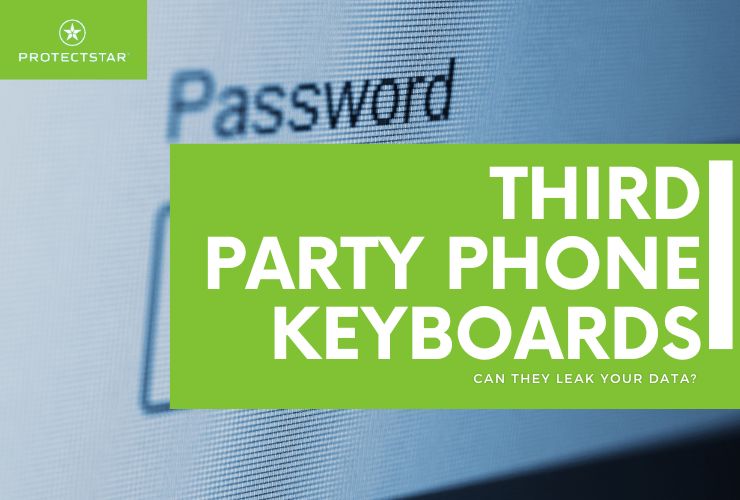Phone Spyware and External Keyboards: Can They Really Steal Your iPhone Passwords?

Nowadays, even our most basic actions on smartphones can feel like a minefield. You click to autofill a password via a third-party keyboard on your iPhone and suddenly it can be hacked into. Is this truly possible? Can these keyboards truly track your keystrokes? Let's delve deeper into this topic.
Understanding Phone Spyware:
First, it's important to differentiate between legitimate external keyboards and malicious spyware. Traditional keyboards simply act as input devices, translating your keystrokes into on-screen characters. They don't inherently have the capability to store or transmit your data.
However, genuine malware does exist in the form of spyware applications. These programs can be installed on your phone, and they often get disguised as legitimate apps. Spyware can then monitor your activity, including capturing keystrokes, text messages, and even browsing history.
External Keyboards and iPhone Security:
When connecting an external keyboard to your iPhone, you'll encounter a warning message stating: "Full Access Granted allows the app to access everything you type with the keyboard, including passwords and credit card numbers." If you didn’t click it off or agree to it too early, you will be able to manage your preferences, but if not:
Here's what happens when you grant full access
- The keyboard app receives your keystrokes and converts them into on-screen characters.
- The data remains solely on your iPhone. The keyboard app doesn't inherently transmit this information anywhere.
Can Hackers Exploit External Keyboards?
While external keyboards themselves are not inherently risky, there are potential vulnerabilities to consider:
- Man-in-the-Middle Attacks: If you're using an unencrypted Wi-Fi network, a hacker could potentially intercept the communication between your iPhone and the keyboard app, capturing your keystrokes.
- Jailbroken iPhones: Jailbreaking removes Apple's security restrictions, potentially opening doors for malicious apps that could exploit the keyboard functionality for spying.
- Phishing Attacks: Hackers might create fake login pages that resemble real websites. Even with an external keyboard, if you enter your login details on a phishing page, your information is compromised.
Protecting Yourself:
- Use Secure Wi-Fi: Avoid entering sensitive information on public Wi-Fi networks unless they are encrypted.
- Avoid Jailbreaking: While jailbreaking offers customization, it compromises iPhone security and increases vulnerability to malware.
- Beware of Phishing: Always double-check website URLs before entering login details.
- Consider Alternatives: If you're highly concerned about privacy, you might opt for Apple's built-in keyboard and forego external options.
Worried about getting hacked via your external keyboard? Let us know!